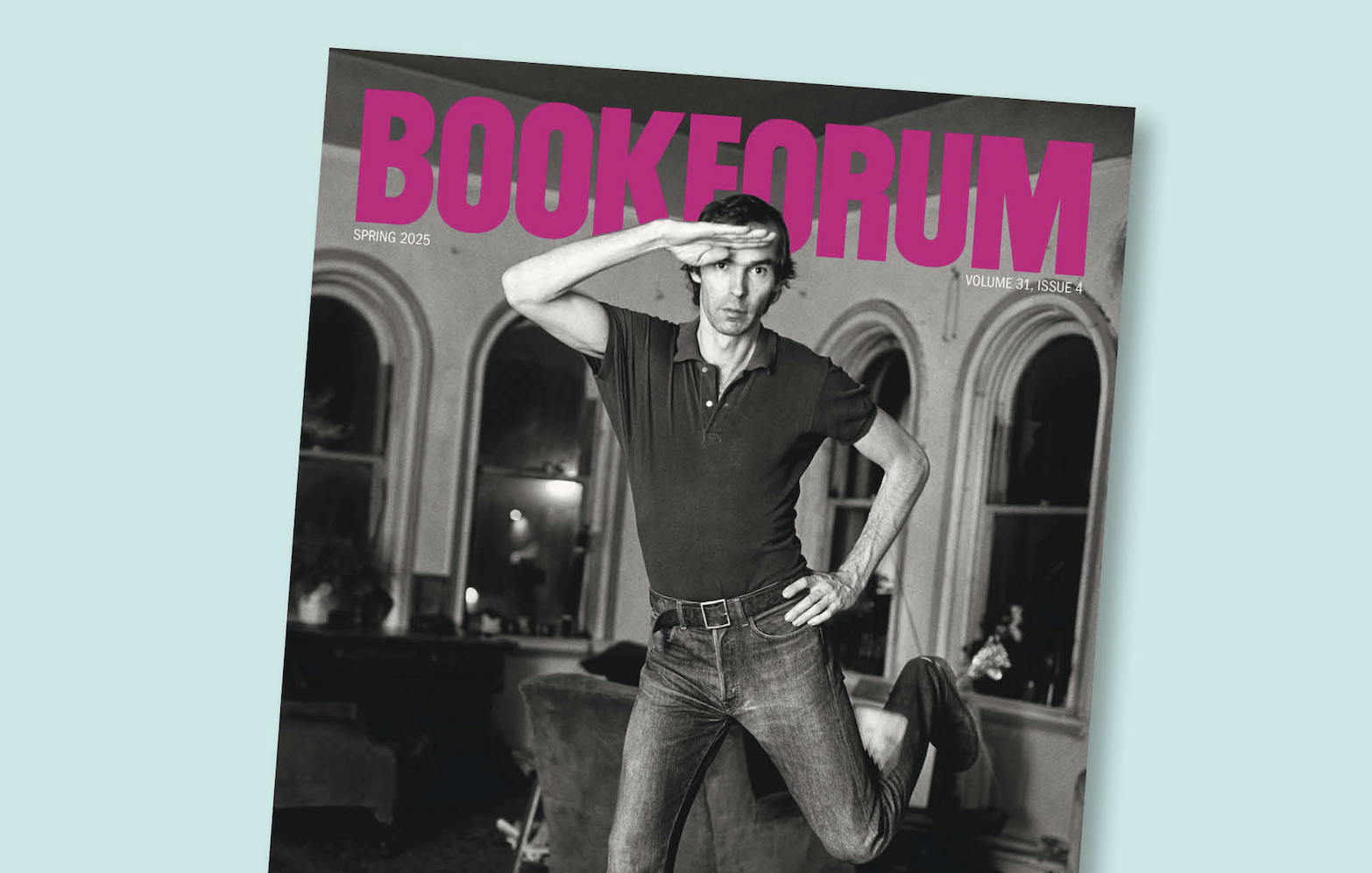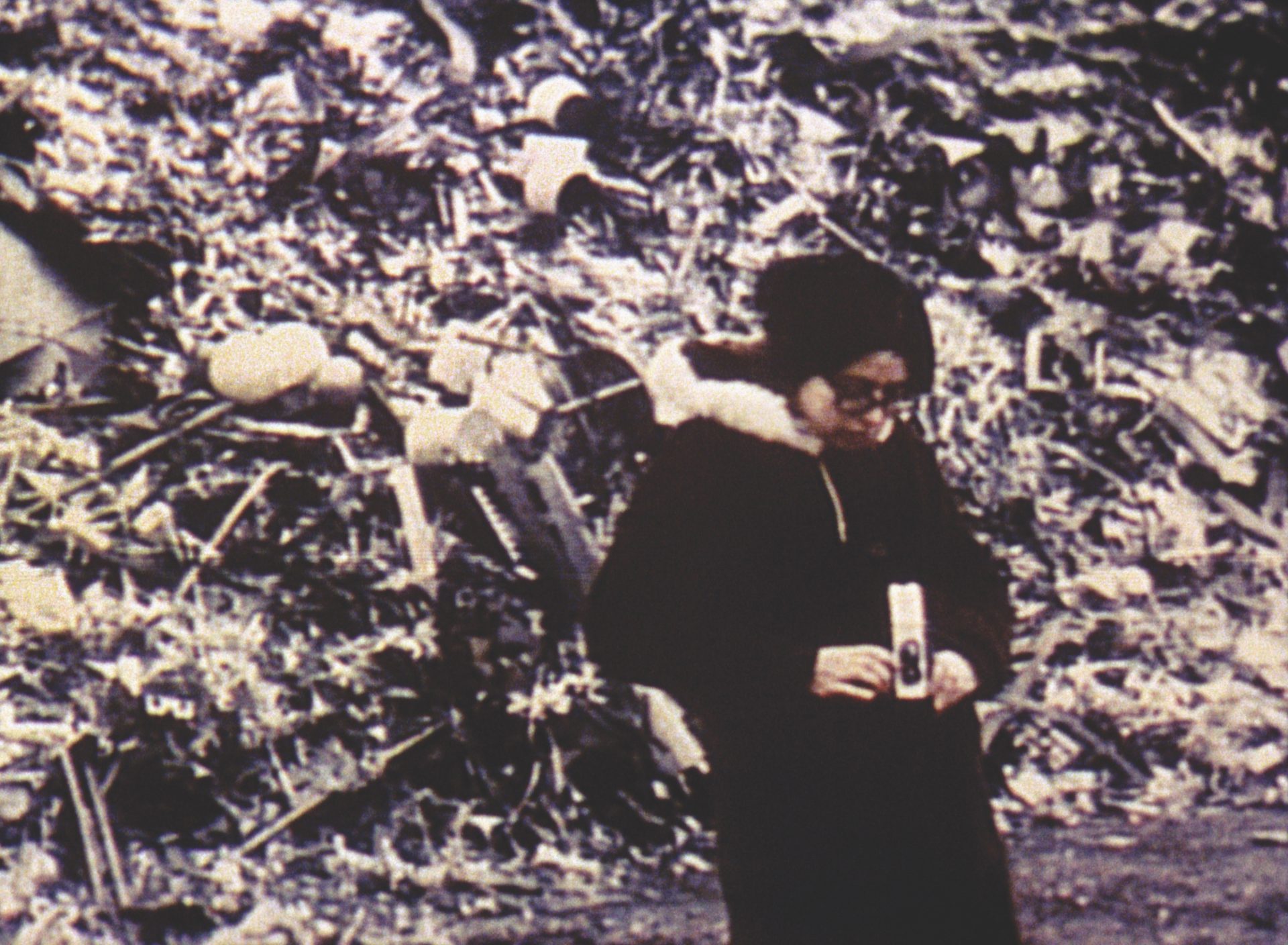
Once upon a time, Ian McEwan was content to snare readers with his literary gamesmanship and stun them into submission with his talent for revealing the unsettling and irresistibly deviant appetites that undergird life. Thanks to early books like First Love, Last Rites (1975), The Cement Garden (1978), and The Comfort of Strangers (1981) and their tightly plotted agonies of flesh and mind, the press gave McEwan the nickname Ian Macabre. While the exact point of progression is arguable, ever since his missing-child epic, The Child in Time (1987), McEwan has undertaken a much larger, more ambitious project with his fiction: to capture the real in the name of relevance. And not just the usual domestic matter that is realism’s bread and butter, but all of it—from quantum physics and mechanics to cold-war-era European politics to forensic psychology to postmodern studies to neurosurgery to British poetry to Delta blues to the limited dining choices and sexual hang-ups of honeymooners in the south of England in the early ’60s. That’s just a partial list; among McEwan’s other acquisitions is the radiologically specific habit of building his characters from their bones, tendons, and organs outward.
Fittingly, McEwan has earned a studyful of international prizes for his best-selling work and has entered into the stratosphere of authors who travel the world first-class. It seems an auspicious creative choice, then, that McEwan employs this high-flying milieu for the backdrop of Solar, his first extended foray into portraying the climate-change crisis—and a rare venture into comedy, or at least McEwan’s queasy and calculated simulacrum of a (mostly) comic novel.
Solar’s protagonist, Michael Beard, is a lazy, philandering physicist with an early-career Nobel Prize receding ever further into the past, “a conical pink mess” of a body, and a flotilla of ex-wives riding in his vapor trail. In a burst of intellectual activity while still in his twenties, he developed a theory known as the Beard-Einstein Conflation; now “a shipwrecked man,” Beard coasts by on government sinecures, travels the world giving different versions of the same talk over the clatter of catered meals, and courts an accelerating series of disasters both public and private. Solar, spanning the years 2000–2009, is divided into three sections, each with its own catalogue of humiliations: In the first, Beard’s fifth wronged wife, Patrice, after discovering one of his affairs, retaliates by taking up with a sinister contractor named Rodney Tarpin, who once designed his own mock Tudor with a wishing well and a posse of dwarves. At the National Centre for Renewable Energy, where Beard collects a paycheck and does little else, one of the postdocs, Tom Aldous, is using the Conflation to dream up a method of artificial photosynthesis that could revolutionize solar power and save the world. “How your average leaf transfers energy from one molecular system to another,” Aldous explains to his mentor, “is nothing short of a miracle.”
After a trip to the North Pole—one of Solar’s better set pieces, although the bit about Beard’s penis and the zipper of his Ski-Doo suit is too deliberate to be truly funny—Beard returns home to find himself cuckolded yet again, this time by Aldous. The postdoc dies suddenly (I won’t say how, but it involves Beard’s dressing gown and a polar-bear rug), the hotheaded Tarpin takes the rap, and, as the media glare of the trial dies down, Beard starts poring over his protégé’s notes. Fade to black.
The novel’s second section flashes ahead five years, to 2005; the world is warmer, and Beard is grown even fatter, but he has managed to find another gullible woman, Melissa Browne, to cater to his sybaritic needs between absences abroad and stints in his filthy bachelor pad. Beard has meanwhile rediscovered his purpose by co-opting Aldous’s work and presenting it as his own:
The pressure of numbers, the abundance of inventions, the blind forces of desires and needs looked unstoppable and were generating a heat, a modern kind of heat that had become, by clever shifts, his subject, his profession. The hot breath of civilization. He felt it, everyone was feeling it, on the neck, in the face. Beard . . . believed in his better moments that he had the answer to the problem.
In a plot twist borrowed from the follies of the former president of Harvard University and current economic guru Larry Summers, Beard is excoriated when a remark about innate differences between the genders and the scarcity of women in the sciences gets picked up by the tabloids. NO TO EUGENICS! the protest signs read at Beard’s next public appearance. NAZI PROFESSOR OUT! To the perils of the rapidly warming planet and Beard’s resistance to becoming a father—Melissa has tricked him into getting her pregnant, albeit with no strings attached—add the evil axis of postmodernism, social constructivism, and media-induced hysteria. If you’re starting to feel a little weary and would rather skip ahead to the conclusion, now is a good time. Solar is getting ready to relocate to the American Southwest for its final, frenzied act.
For a moment, before the machinery of plot and dutifully researched facts kicks in again (Beard, who now holds seventeen patents on his photovoltaic panels, has planned a grand unveiling of his technology in Lordsburg, New Mexico, with the help of a shady American consultant named Toby Hammer), Solar returns to the cradle for some explanation of how Beard could have become such an entitled, self-indulgent monster. The answers—beginning with over-passionate feeding by a mother who kept her seventeen lovers secret until a deathbed confession—are too neatly symmetrical to resonate, yet one more demonstration of McEwan’s regrettable need to lead the reader through the hollows of his fiction by the hand.
Still, one episode has the eerie, undetermined quality of McEwan’s finest work: Beard’s courtship while at Oxford of his first wife, a student in English with a reputation for being a “dirty girl,” Maisie Farmer. Without a hint of research or fanfare, McEwan writes: “She persuaded him to grow his hair, to wear jeans instead of flannels, and to stop repairing things. It wasn’t cool.” In those three casually related words, It wasn’t cool, there is more voltage than in Beard’s “twenty-three panels tilted skywards” in the desert for an invited audience hailing from “Golden and MIT, Cal-Tech and the Lawrence Berkeley labs,” along with “entrepreneurs from the Stanford area.”
Despite all the accolades for McEwan’s facility as a reanimator of the real (“When he writes ‘a glass of beer’ we do not just see it,” the novelist Geoff Dyer observed in The Guardian, “we are willing to drink from it vicariously”), can we also just admit that there is something clammy and morticianlike in his relationship to the world around us? McEwan is the beloved veterinarian who keeps a Deepfreeze in his basement stuffed with deer parts and squirrel carcasses, the EMT who dreams of turning every patient into a CPR dummy with the power of his touch. In Solar—just as in 2006’s plodding, oddly lifeless Saturday—the historical markers are all in place (Bush v. Gore, Iraq, Obama’s election), and the science and technology are up to the minute and sufficiently digested for a lay reader to feel edified. And the plot brings the fatuous Beard to a reckoning foreseeable enough to seem inevitable and just preposterous enough to remind us that McEwan, acting as his story’s controlling, mortal God, has been behind it from the start. It has begun to look like Briony Tallis’s meditation on the novelist’s “absolute power of deciding outcomes” from Atonement (2002) is McEwan’s credo; he is the God who spends six days making the world and the seventh reminding us he did.
“My life’s work has been in light,” Beard insists during a confrontation near the end of the book, as the machinery of the plot closes in around him. “Since the age of nineteen, when I learned by heart the poem of that name by Milton. Some twenty-five-years ago, I received the Nobel Prize for modifying Einstein’s photovoltaics.” Even if we are in the realm of “literary entertainment,” the kind of palate cleanser that a major novelist indulges in between weightier projects, these are words that no expert in photovoltaics with a Nobel Prize and a little Milton in his past would speak—unless he was a character in a novel about to start winding down. “Thou Celestial light,” the poem in question reads in part, “Shine inward, and the mind through all her powers / Irradiate, there plant eyes, all mist from thence / Purge and disperse, that I may see and tell / Of things invisible to mortal sight.” Life doesn’t stand a chance against McEwan’s all-consuming imagination in Solar—rather then being efficiently illuminated by the latest alternative-energy sources, the novel reads as if irradiated. That’s fine for a hamburger or a glass of milk, but without the teeming and unpredictable real to nourish Solar’s attempts at comedy—the bacteria that breed life in all its abundance—there’s no reason to laugh or even care much before the curtain falls.
Benjamin Anastas is the author of two novels and teaches at Columbia University and Purchase College.






